At the 14th edition of the Rencontres de Bamako – African Biennial of Photography, Ethiopian artist Maheder Haileselassie Tadesse took home the prestigious Seydou Keita Grand Prize for her profound photographic series Between Yesterday and Tomorrow.
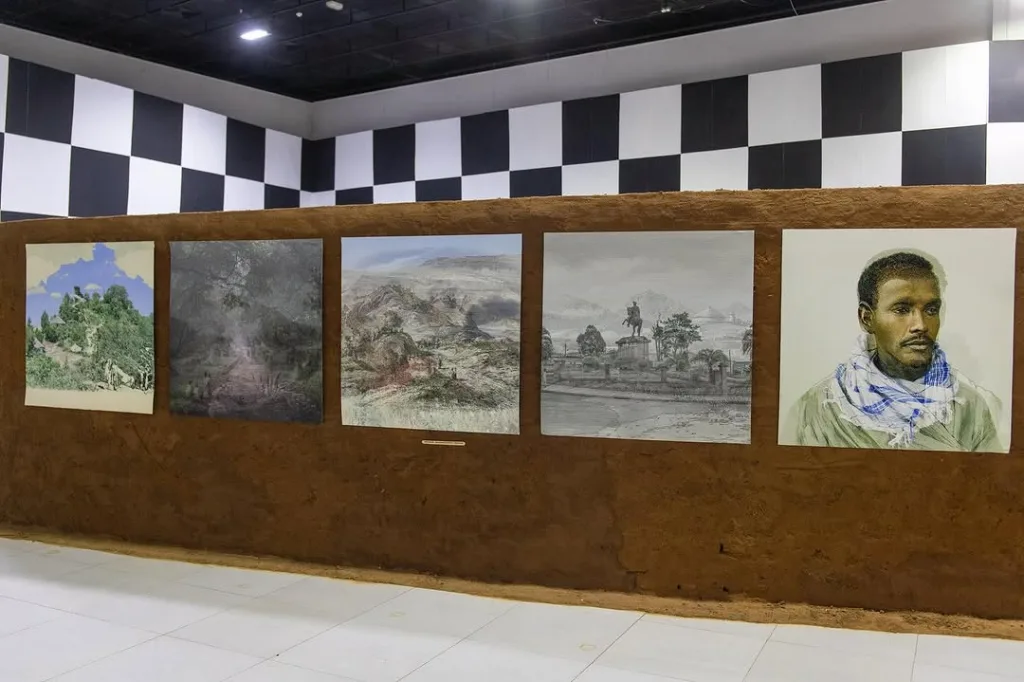
The work, which intricately weaves together personal and national histories, garnered widespread acclaim for its exploration of memory, identity, as well as the intersection of colonialism and modernity.
Tadesse’s work invites viewers to engage with Ethiopia’s rich 3,000-year-old heritage, juxtaposing archival images from colonial Europe with intimate family photographs. This duality reflects a nation’s resistance to foreign influence and also its ability to maintain cultural pride amidst historical turbulence.
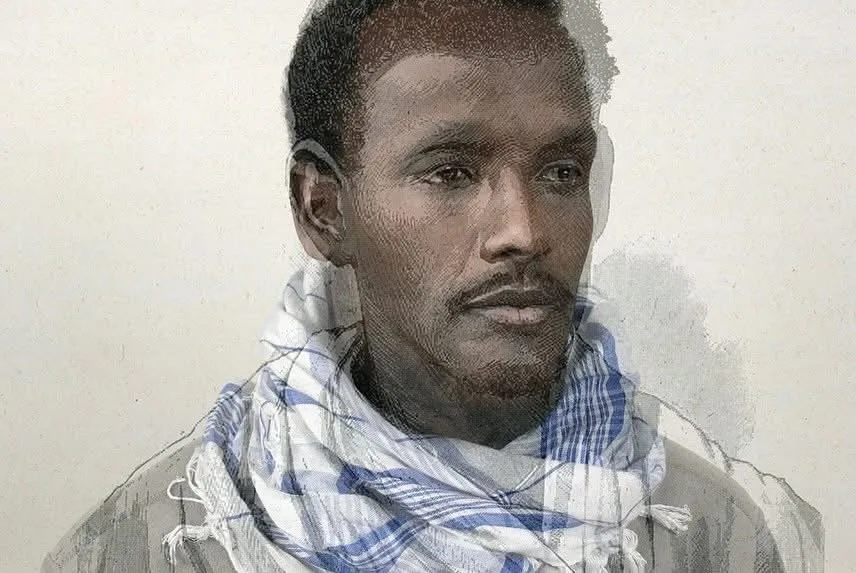
Tadesse’s work challenges viewers to reflect on how time, politics, and memory shape a nation’s collective consciousness. By merging personal and collective narratives, she emphasizes the lasting impact of colonialism on Ethiopian identity. Through photography, she reclaims history, offering a nuanced view of Ethiopia’s resilience.
Her achievement of the Seydou Keita Grand Prize highlights her contribution to contemporary African photography, which reshapes historical narratives and perceptions of African identity. Tadesse’s success at the Rencontres de Bamako places her among a new generation of African photographers using art to interrogate the past and envision the future, showing photography as a tool for cultural reflection and also social change.
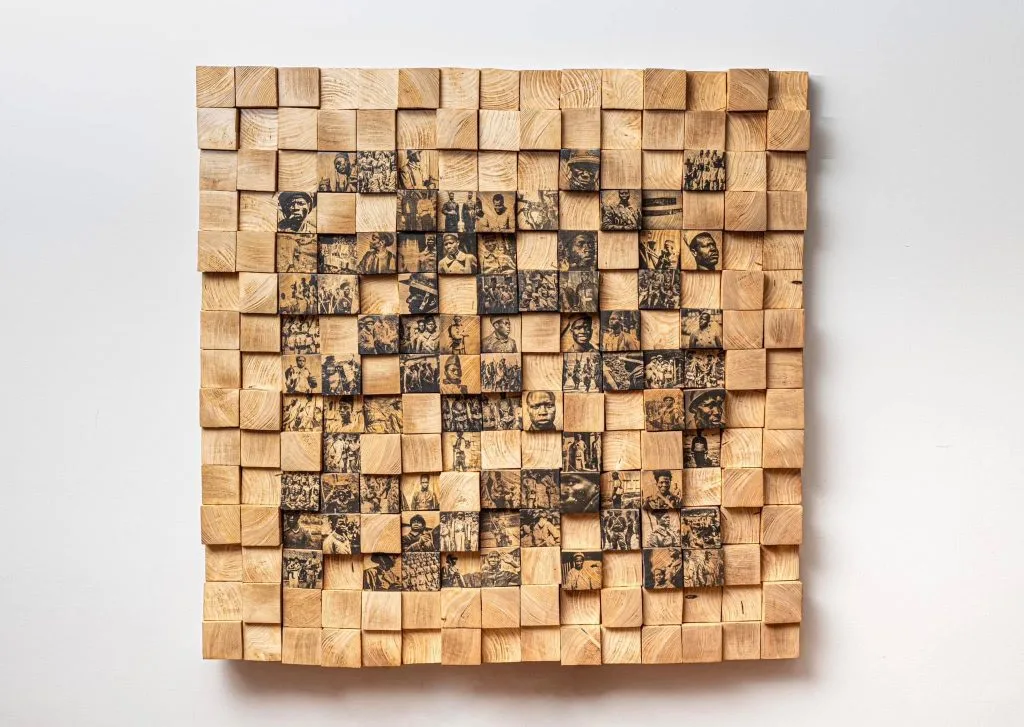
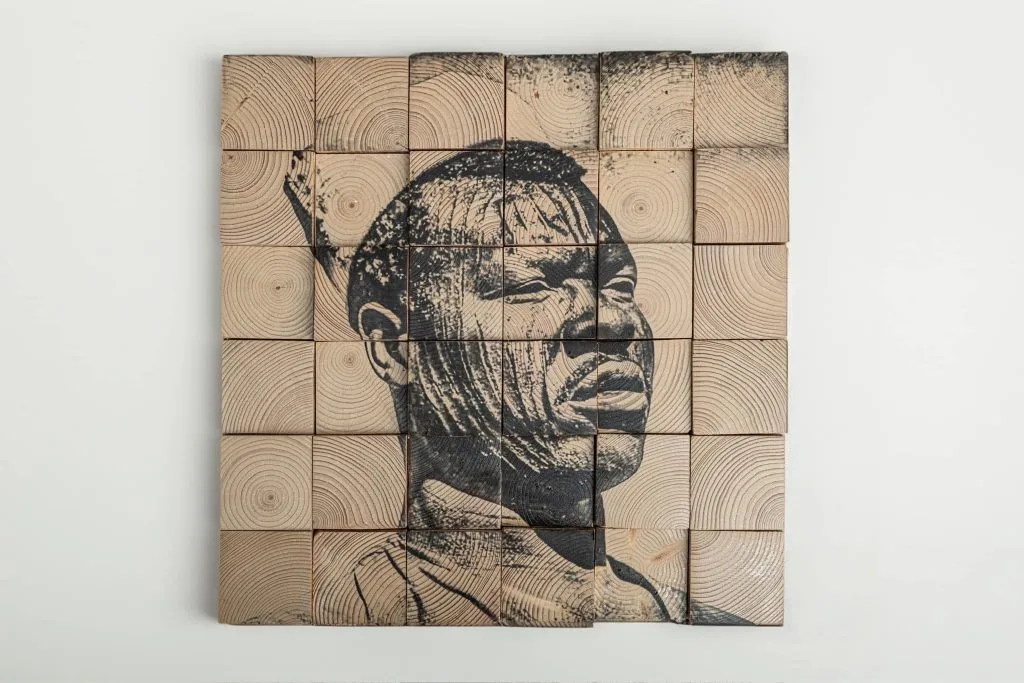
The Bisi Silva Award was bestowed upon Wilfried Vanie, known as Willow Evann, for his compelling tribute to the African Tirailleurs – soldiers from French colonies who fought in the World Wars but whose contributions remain largely forgotten. Using wood, a material symbolic of both resilience and permanence, Evann engraves portraits that serve as a powerful reclamation of this lost history. His series, Les Tirailleurs, is not only an act of remembrance but also an assertion of the enduring strength of African identities in the face of colonial erasure.
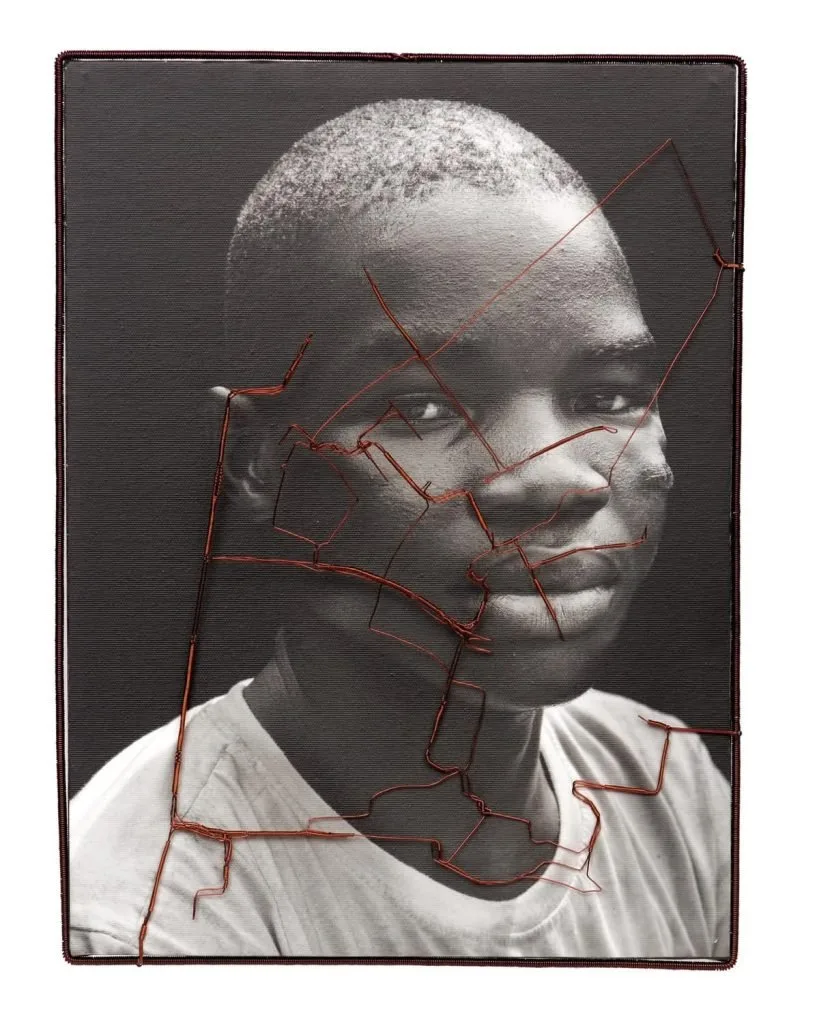
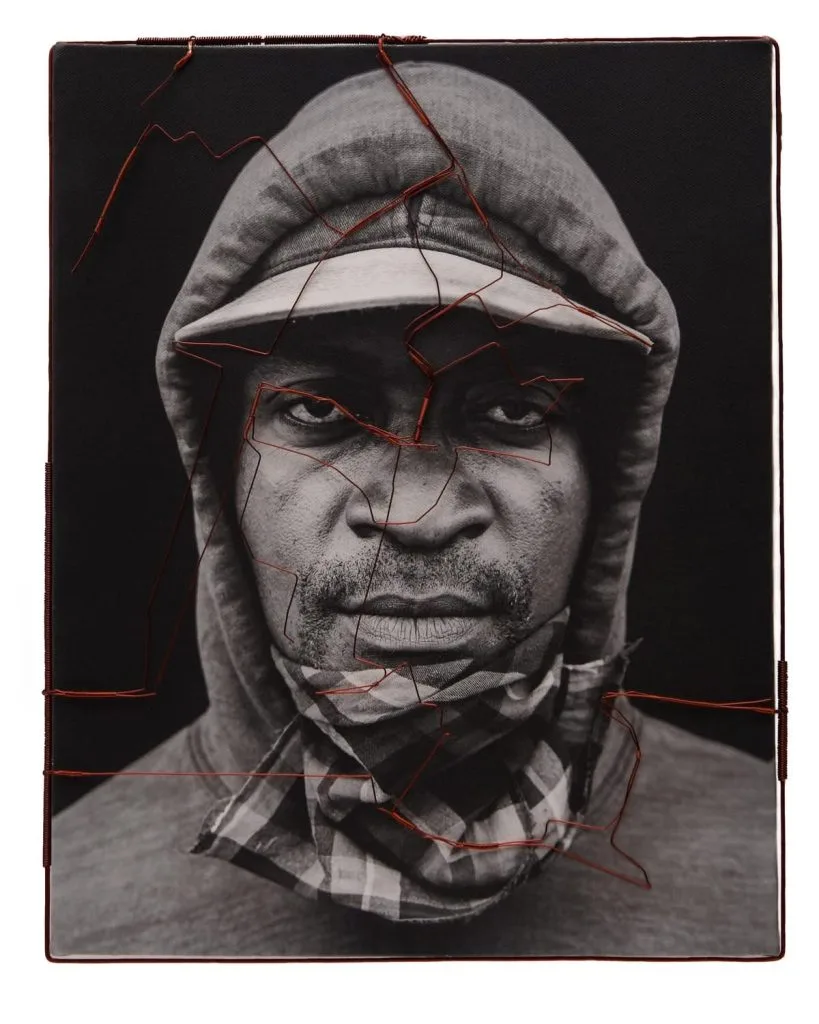
Nigerian photographer, Victor Adewale, also earned the third prize for his series Ẹbí Ọlọ́kadà, which explores the lives of Okada riders in Lagos. Through portraiture and also sculptural installations, Adewale documents the daily struggles of these motorcycle taxi drivers, whose livelihoods have been continuously threatened by government bans. The project serves as a poignant commentary on resistance, survival, and the socio-political dynamics of urban Nigeria.
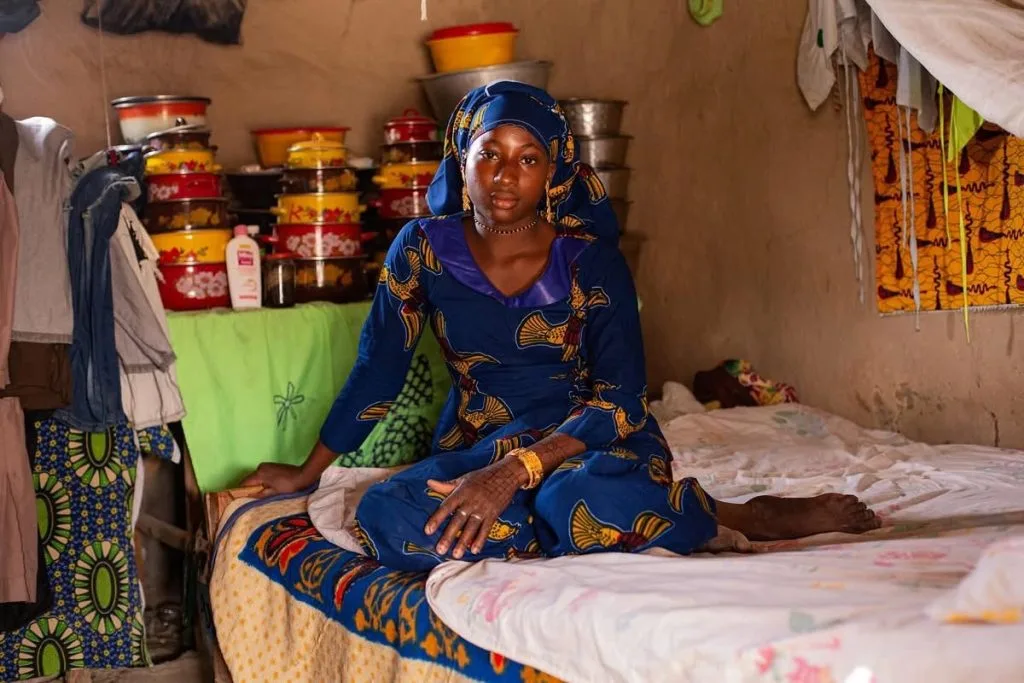
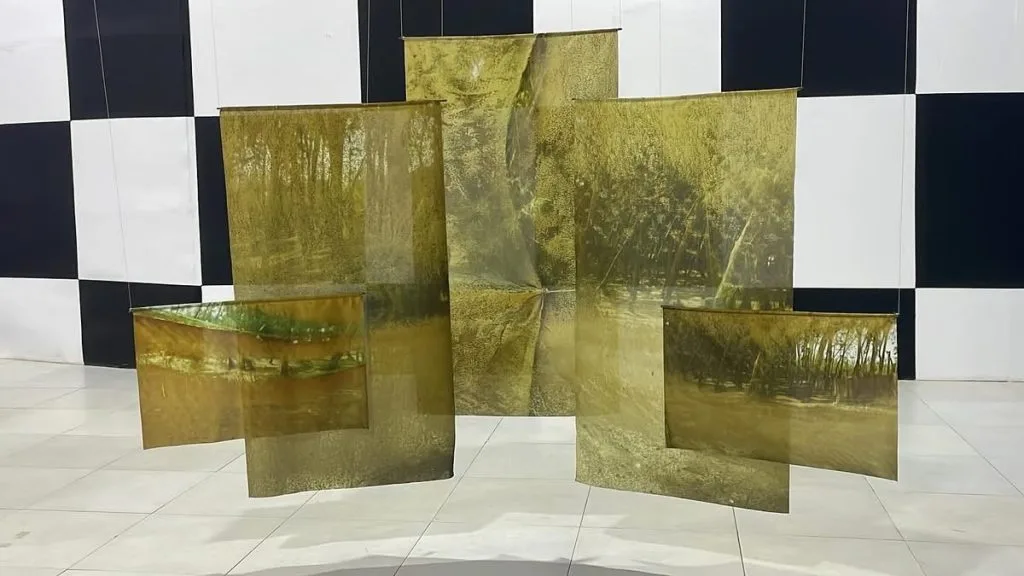
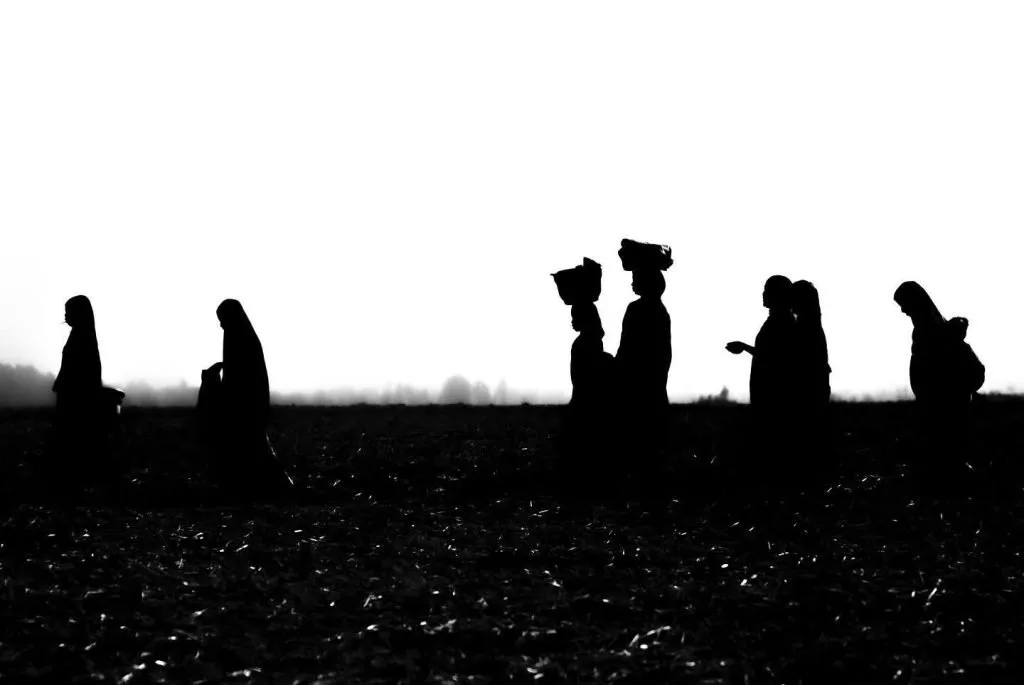
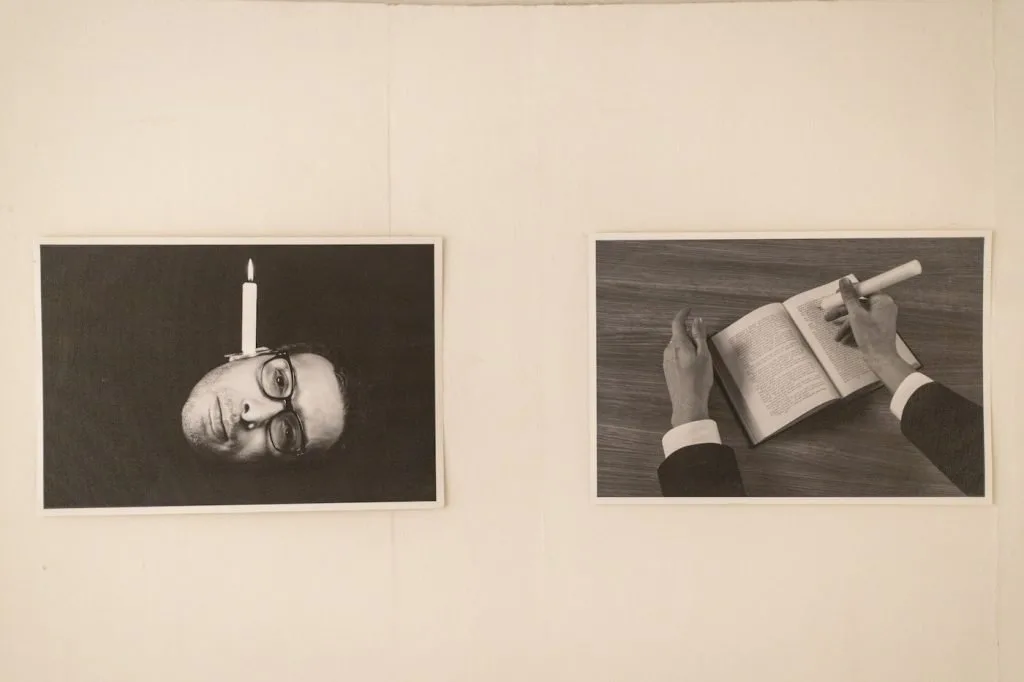
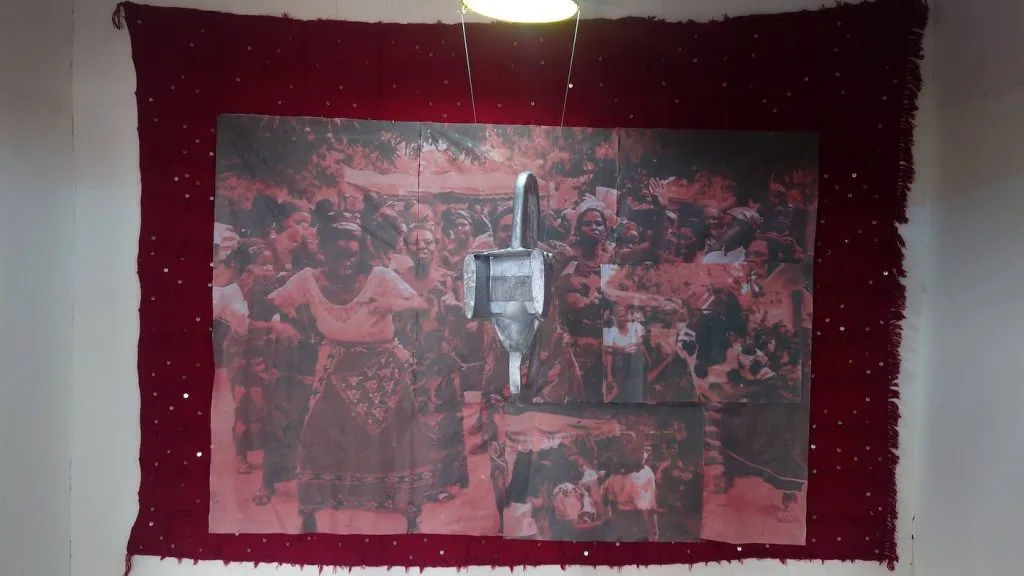
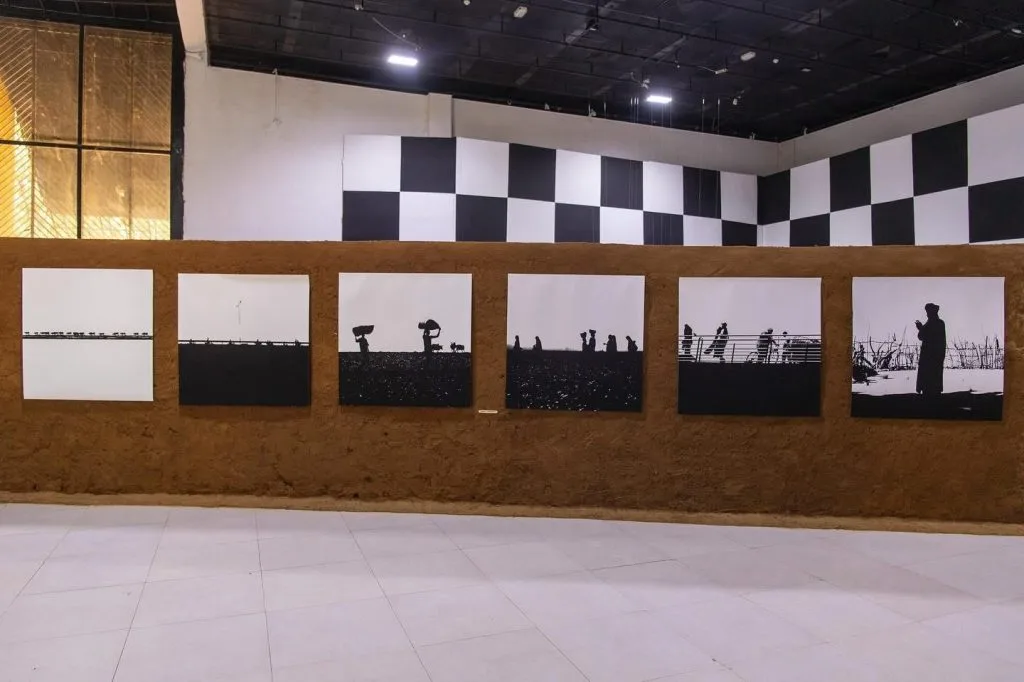
The Biennial also recognized the work of several artists with honourable mentions. Seyba Keita’s exploration of silenced female voices in Malinké society invites viewers to reconsider the cultural forces that marginalize women’s voices. Dior Thiam’s Wandering Desert Traces invites reflection on memory and impermanence, while John Moussa Kalapo’s Resistance to Oblivion captures the painful resilience of Mali’s citizens amidst ongoing ethnic and political conflict.


